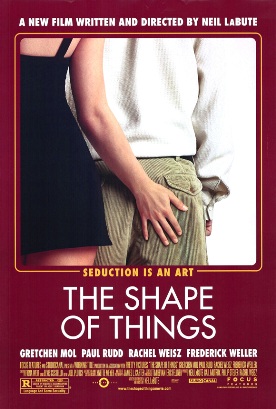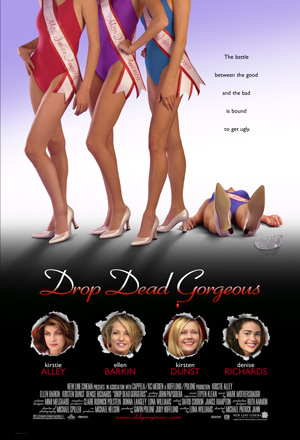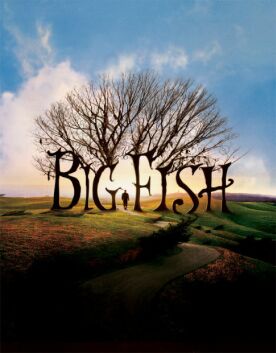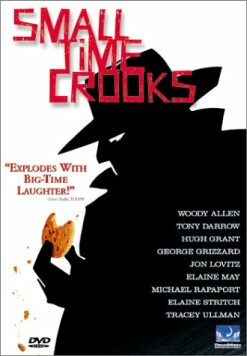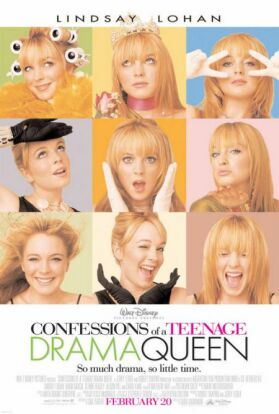Shape of Things, The
Neil Labute has always been interested in sexual and other kinds of gamesmanship, and his view of human nature is enough to make Todd Solondz, director of the deeply depressing Happiness, even more deeply depressed. The Shape of Things, the movie version of a play he wrote and presented in London two years ago, is therefore familiar territory and not recommended viewing for those who have recently had romantic breakups or feel as if they should stay away from sharp objects. Moreover, to the usual LaButean cynicism about sexual relations it adds more than a hint of misogyny.
Evelyn (Rachel Weisz) is an art student at Mercy College in California. We first encounter her on the point of spray-painting genitalia on the statue of a male nude whose manhood local bluenoses have covered with a plaster fig-leaf. Adam (Paul Rudd), fellow student who works part time at the museum as a guard sees her approaching the statue. “You stepped over the line, Miss,” he tells her.
“It’s Ms.”
And then, seeing that she has vandalism in mind, he asks rather pathetically: “You’re not going to mess up my weekend with this?”
“I don’t like art that isn’t true,” she tells him.
He asks for her phone number. She spray-paints it on the lining of his jacket, and he leaves to punch out and let her get on with her decoration of the statue.
Even if the rather heavy-handed Biblical overtones of the names Adam and Evelyn are discounted, the existence and the nature of the relationship between these two is already foreshadowed. Adam is not only shy and diffident but “the least adventurous person I know,” as his friends Phillip (Frederick Weller) and Jenny (Gretchen Mol) tell Evelyn later. In fact, Jenny, now engaged to Phillip, had first been attracted to Adam who “was a total monk, the whole semester.” Now, however, he is clearly fascinated by the danger and the hint of craziness — the stepping over the line quality — in Evelyn.
Evelyn is a little more difficult to figure out. When Adam asks her what she sees in him, she tells him that that kind of insecurity is the only thing she doesn’t like about him. “Don’t worry about why when what is right in front of you,” she says. But once he is securely hooked, she starts to use her hold on him. She persuades him to lose weight, and to change his haircut and his wardrobe. She even talks him into getting a nose job, which he is so embarrassed about that he tells Phillip and Jenny he fell.
“You sound like a battered wife,” says Phillip who doesn’t like Evelyn and is disgusted with his subservience to her whims — as well as her political and artistic radicalism.
Meanwhile, Jenny’s original attraction to Adam is beginning to reassert itself as Evelyn’s makeover of him takes effect. “You’re like this totally hot guy now,” she tells him. “This girl’s a messiah.” Adam is tempted, and Adam falls.
Yet he is still besotted with Evelyn, and when she puts him to the final test and asks him to give up his friendship with Phil and Jenny for her, he swallows hard and chooses her.
More cannot be told without giving away the shocking ending, except to say that the author out-LaButes himself in suggesting not only that love is inseparable from manipulation but that what we call love really is manipulation. What the heck, though. Why should we care, so long as we don’t know it? It’s just a matter of words and, as the punning Wellsian title and the continual play on “thing”, “things” and “thingy” hint — like Phil’s favorite expression, “Whatever” — words are not really important anyway.
Thus a distinctively Californian casualness of speech and inarticulateness come to stand for the saving stupidity that allows us to muddle through life with our illusions intact. You’ ve got to be impressed with the skill with which LaBute conveys all this, even if, poor chump, you are still not quite persuaded that it is all true.
Discover more from James Bowman
Subscribe to get the latest posts to your email.

